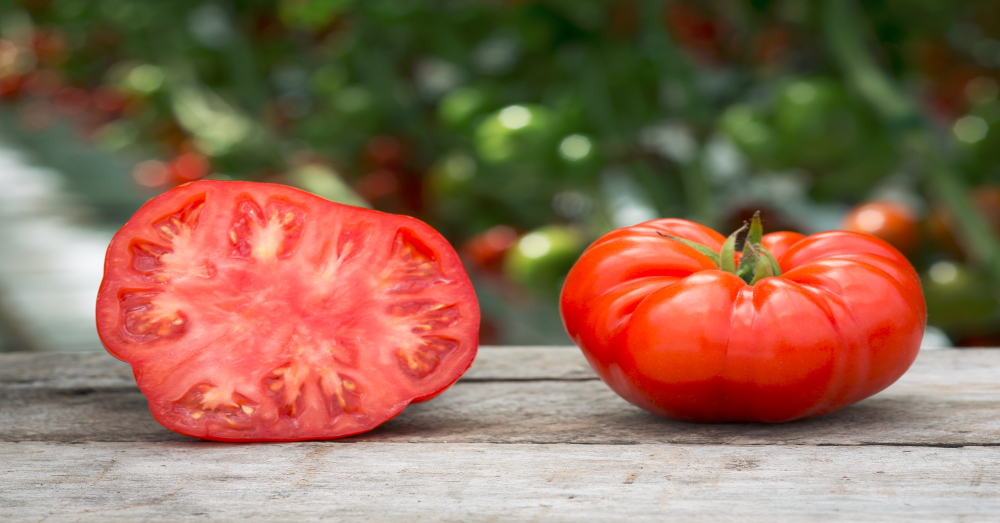
For Seed Rebels, Saving Life’s Building Blocks Has New Urgency
A few years back, Carol Deppe, a retired geneticist and plant breeder, started selling and giving away seeds as an act of revolt.
April 17, 2017 | Source: Civil Eats | by Twilight Greenaway
A few years back, Carol Deppe, a retired geneticist and plant breeder, started selling and giving away seeds as an act of revolt.
Deppe, like gardeners and farmers around the country, had been accustomed to saving the seeds from her garden crops at the end of the harvest season to plant the following spring. But a growing percent of commercially available seeds had begun to be sold as hybrids, meaning they were bred to grow well and produce high yields for a single season. So saving the seeds was pointless because the next generation was genetically unstable, and wouldn’t produce the same results. (In other words, if you want to grow, say, Sun-Gold hybrid tomatoes, you’d have to go back to a seed company or nursery to buy them each spring.)
After hybridization came more explicit patents—some visible to the end user and some not. “So many varieties were coming out in vegetable seed catalogues with trademarks and other protective symbols on them,” Deppe recalls.
It was bad for gardeners, she adds, but even worse for farmers. “One thing that makes small farms viable is keeping the cost down. And that means saving seeds and growing seed crops to sell to your neighbors—or developing new varieties that do especially well in your region or on your farm. That’s all part of where resilience comes from; and you can’t do any of those things with patented seeds,” she says.
In response to these shifts, Deppe wrote a book called Breed Your Own Vegetable Varieties in 1993, and started her own small vegetable seed company, Fertile Valley Seeds. At first, her plan worked; she heard from hundreds of readers and customers who were energized about saving and breeding their own seeds. But there was one problem; large seed companies such as Monsanto, DuPont, and Syngenta were also free to use and adapt the seeds.
“The ‘Gene Giants’ could take the germplasm we released as public domain varieties and have complete access to it, and they could use it in breeding their own proprietary varieties,” says Deppe, who realized she hadn’t solved the problem of seed privatization after all.
